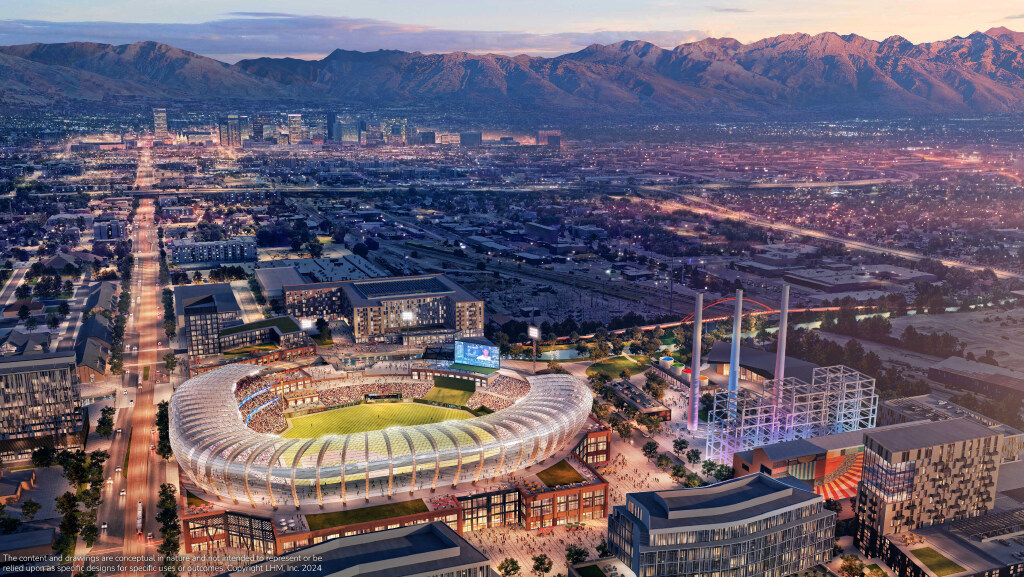
SALT LAKE CITY — The Utah Legislature has unveiled a plan to help build a stadium to bring a Major League Baseball team to Utah.
And while it’s giving some people heartburn over using taxpayer money for it, lawmakers say it’s a reinvestment into Salt Lake’s west side and they believe taxes from out-of-state visitors will largely fund it.
The state is not just cutting a check to fund a stadium, rather a newly released bill, HB562 proposes setting up a specific entertainment district from Interstate 80 between 1000 West and Redwood Road.
A board will govern it, which can levy a host of taxes to raise that money. That board is made up of appointees by the governor, House speaker, Senate president, one Salt Lake Council member and one Fairpark board member.
Hotel taxes would go up statewide, but lawmakers say that will help fund emergency services for rural areas.
The bill allows for an increase in transient room taxes, as well as things like rental car taxes. Other taxes under the bill include an energy sales and use tax, a telecommunications license tax, a resort communities’ sales and use tax, and an accommodations and services tax.
“All the money that will be used is money that we think will be generated from the increased activity that will come to Utah. So, it’s basically a transit room tax, which is hotels and car rental tax and then tax within the project area,” Senate President Stuart Adams said. “So, we believe that will, actually, the baseball stadium will actually create more revenue than we will pay, and out-of-state residents will pay for it.”
The plan also includes using any property taxes generated by the proposed development to pay for infrastructure and other amenities within this specific Fairpark district. Adams said they see this plan as an investment in the area.
“A rising tide lifts all boats and I think you’ll see the tide rise,” he said.
The money that gets raised is then lent to the owners of the team, the Larry H. Miller Group, to build the stadium. The team owners will then pay to rent the stadium back from the state. The group has additionally kicked in their own $3.5 billion, but the state will own the stadium.
“We negotiated the fact we will own the stadium. That’s a big deal,” Adams said.
As it’s written right now, the bill provides bonding for “half the actual cost” of developing and constructing the stadium. It must have at least 30,000 seats, parking, lighting, plazas and open space. The bill also states that if the team leaves the area before 30 years, the team owners would have to repay the district for the taxpayer money it used.
Lawmakers only have seven working days left to make any tweaks to this bill and pass it before the end of the legislative session.
